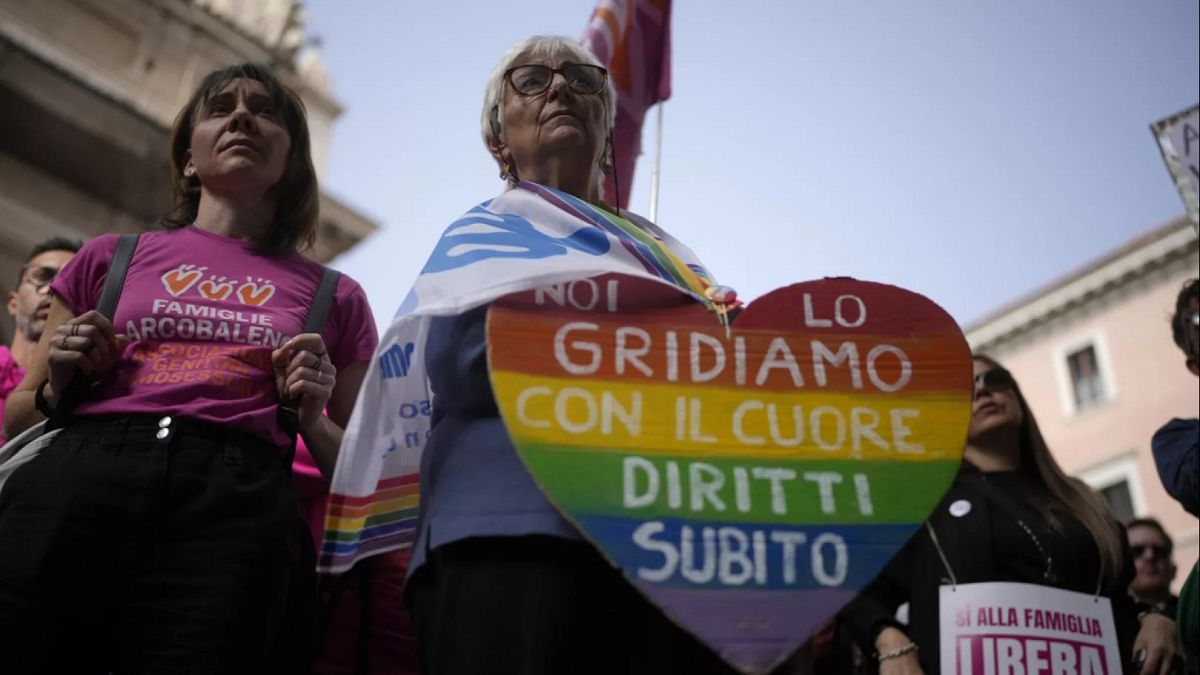

In a world ever in pursuit of progress and understanding, diverse regions are taking steps to address complex societal changes. Recent discussions highlight the nuanced developments in surrogacy laws in Italy, the forward-looking ambitions of the Palestinian Authority, and the evolving workplace culture in Australia.
Italy’s stance on surrogacy has been a topic of significant debate and focus. Contrary to recent social media claims, Italy extended its ban on surrogacy last year, a decision that encompasses a broad array of perspectives. This ban, though not recently enacted, underscores a complex interplay between legal frameworks and societal values. Surrogacy, particularly cross-border surrogacy, sits at the intersection of ethical, legal, and emotional dimensions, making it a sensitive topic with implications that ripple beyond national borders. The Italian government’s decision reflects ongoing deliberations about family rights and the legal recognition of varied family structures, maintaining the goal of protecting all parties involved.
Turning to the aspirations of a future Palestinian state, the Palestinian Foreign Minister, Varsen Shahin, has articulated a vision that champions pluralism and adherence to international law. In her recent statements, Shahin emphasized that any realization of a two-state solution with Israel would be predicated on mutual respect and legal integrity. Acknowledging existing obstacles, she conveyed a hopeful outlook towards eradicating corruption within the Palestinian Authority, a task described as both vital and time-intensive. Shahin’s narrative paints a picture of a potential state where the principles of equality and legal respect are foundational. In this envisioned state, there is an emphasis on empowerment and ensuring gender parity, alongside fostering inclusive governance structures that align with global democratic norms.
Simultaneously, an evolving story unfolds in Australia, where workplace culture, especially in political arenas, is under scrutiny. Recent incidents associated with New South Wales MP Mark Latham have spotlighted the enduring challenges faced within political cultures regarding gender dynamics. Allegations regarding inappropriate behavior have sparked dialogue on the broader need for cultural transformation. The cases echo familiar patterns where women in political spaces encounter adversities stemming from entrenched cultural norms. However, the narrative also brings to light the potential for leadership to catalyze significant change. Figures like Chris Minns, leading political figures, hold a pivotal role in fostering environments that are both respectful and equitable. This current focus prompts a broader reflection on creating workplaces that genuinely reflect values of respect and diversity—a pursuit that while challenging, offers opportunities for realignment and growth.
Each of these narratives, though distinct in their geographies and immediate concerns, underscores the universal themes of change and progression. Italy’s legislative choices on surrogacy, the Palestinian Authority’s ambitions for a future state, and the transformation of workplace conventions in Australia each illustrate efforts to harmonize evolving societal norms with existing structures. As these stories unfold, they offer reminders of the interconnected nature of global societies and the shared challenges and aspirations that shape our collective future.
Engaging with these stories with a mindful perspective can guide us in appreciating the profound undertakings of nations and communities. With patience and openness, the global community can witness and contribute to the meaningful transformations that arise from a commitment to understanding and respect. The journey towards more inclusive and thoughtful societies is continuous, and these developments highlight significant steps along that path.
Source: {link}
